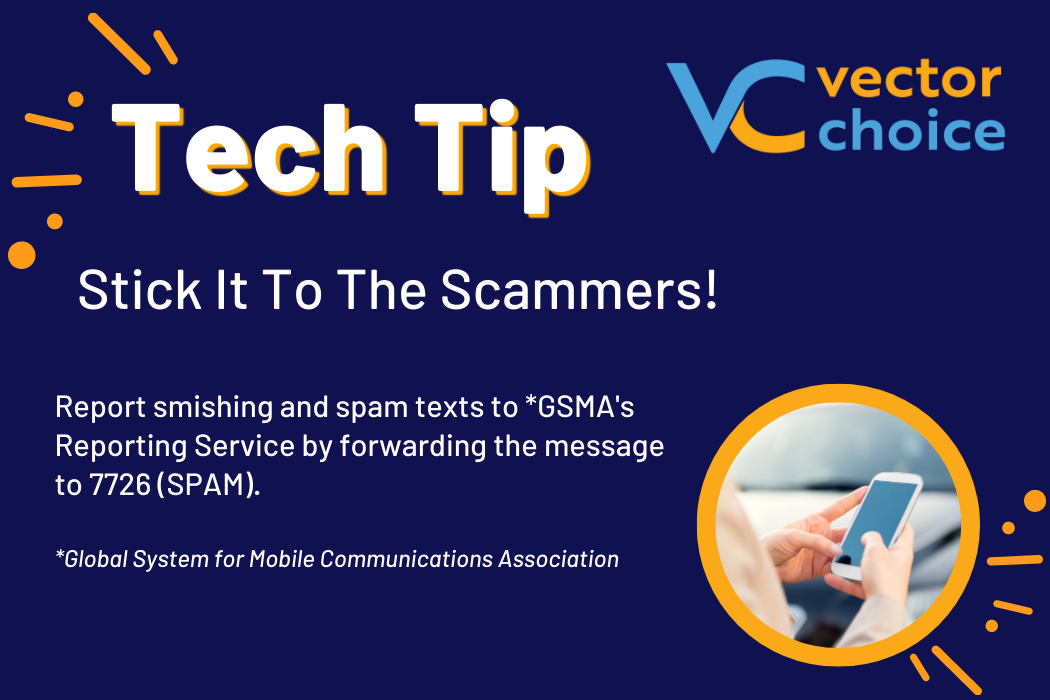Smishing, also known as
SMS phishing, is a type of social engineering attack that uses text messages to
trick people into revealing personal information or clicking on malicious
links. Smishing attacks are on the rise, and they can be very effective because
people are more likely to trust text messages from people they know.
In a smishing attack,
the attacker will send a text message that appears to be from a legitimate
source, such as a bank, credit card company, or government agency. The text
message will often contain a sense of urgency, such as "Your account has
been compromised" or "Your package is delayed." The text message
will then ask the recipient to click on a link or provide personal information,
such as their credit card number or social security number.
If the recipient clicks
on the link or provides their personal information, the attacker can then use
that information to steal their identity or commit fraud.
Here are some tips to help you protect yourself from smishing attacks:
- Be suspicious
of text messages that ask for personal information or contain links. If
you receive a text message from an unknown sender, don't click on any
links or provide any personal information.
- Only click on
links from trusted sources. If you do click on a link in a text message,
make sure the link goes to a website that you recognize.
- Be aware of the
latest smishing scams. There are a number of different smishing scams that
are circulating, so it's important to be aware of the latest ones. You can
find information about smishing scams on the websites of the Federal Trade
Commission (FTC) and the Cybersecurity and Infrastructure Security Agency
(CISA).
- Use a security
solution that can protect you from smishing attacks. There are a number of
security solutions available that can help protect you from smishing
attacks. These solutions can block malicious links and warn you about
suspicious text messages.
Smishing is a serious threat to cybersecurity, but there are things you can do to protect yourself. By following the tips above, you can help keep your personal information safe from smishing attacks.
In addition to the tips above, there are a number of things businesses can do to protect themselves from smishing attacks:
- Educate your
employees about smishing attacks. Make sure your employees know what
smishing is and how to spot it. You can do this by providing them with
training materials or by sending them regular emails with tips on how to
stay safe.
- Use a security
solution that can protect you from smishing attacks. There are a number of
security solutions available that can help protect businesses from
smishing attacks. These solutions can block malicious links and warn
employees about suspicious text messages.
- Monitor your
network for suspicious activity. Security solutions can help you monitor
your network for suspicious activity, such as an increase in spam or
phishing emails. If you see any suspicious activity, take steps to
investigate it immediately.
- Have a plan in
place for responding to smishing attacks. If your business is targeted by
a smishing attack, it's important to have a plan in place for responding.
This plan should include steps for notifying employees, blocking malicious
links, and investigating the attack.
By taking these steps,
businesses can help protect themselves from smishing attacks.
Schedule a Free IT Assessment with our experts today. We'll evaluate your current cybersecurity measures, identify potential vulnerabilities, and help you implement a strategic security plan to keep your company safe.


